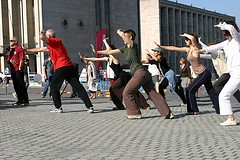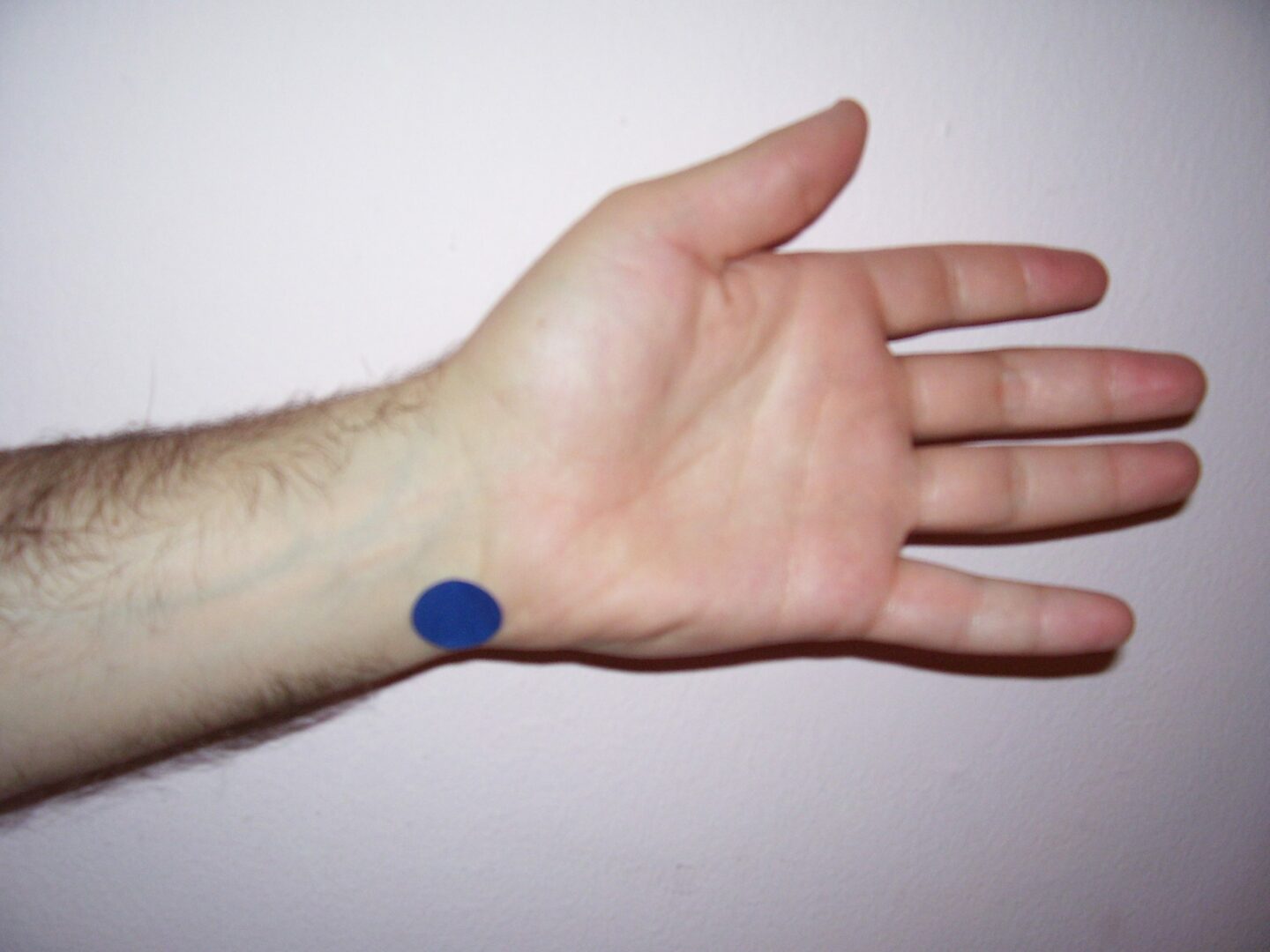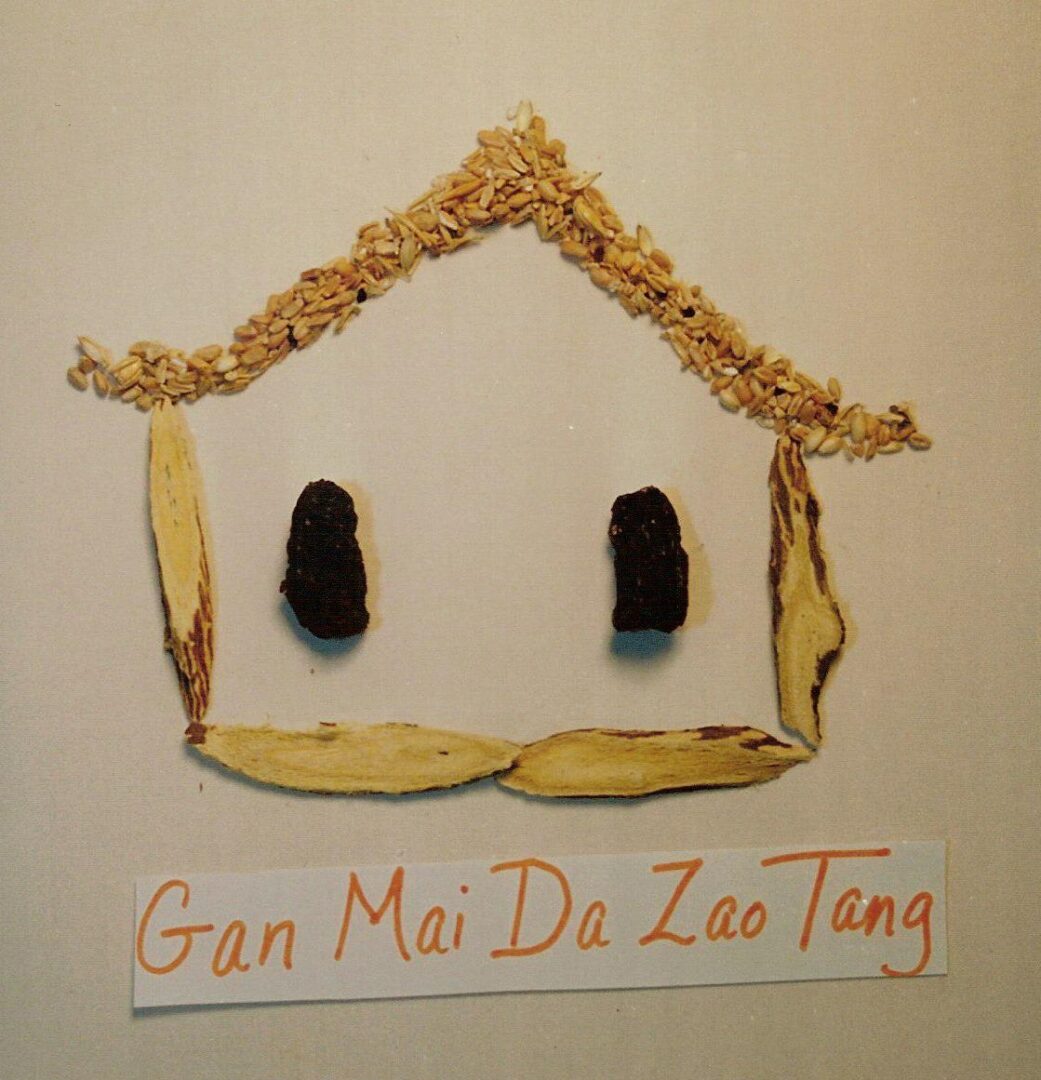
I’m not sure if New Yorkers experience more stress than others, but I can say that stress affects the health of nearly all of my patients.
We often forget that stress can have a profound impact on our bodies. Most people know that uncontrolled stress can increased our risk of heart attack and stroke, as well as cause insomnia, digestive issues, tension headaches, migraines, and back pain.
Now people also realize that it can also affect our reproductive system and has been shown to be a cause of infertility. In some people, stress causes damage to the immune system causing certain autoimmune conditions, allergies, asthma, arthritis, and eczema. It can even make us age quicker, just think about how fast presidents age while they are in office!

How does Acupuncture Understand Stress?
When describing the effects that stress has on the body, acupuncture focuses on the emotions which stress can create. In acupuncture, the mind and body are connected, emotions are not just felt in our mind, but have profound effects on our body.
Stress can cause anger, frustration, worry, or fear. This is of course normal and healthy in certain situations. The problem occurs when either the feeling is constant and excessive, or when we have no outlet for expression, so it builds up inside our bodies. Intense emotions create imbalances and lead to many health problems.
Each emotion affects a different system in the body and is linked to a specific group of symptoms. For example, anger and frustration impede the circulation of qi, the body’s energy. When I get angry and frustrated, I also feel it physically. My neck begins to hurt and I feel a stifling sensation in the chest. This is the qi slowing down and becoming blocked, which is called qi stagnation. Long term stagnation can lead to chronic health problems, such as muscle pain, headaches, digestive problems, irregular menstrual cycles, and insomnia, just to name a few. Another common emotion from stress is fear and chronic worry, which causes the qi to dissipate. This is why long term fear can lead to chronic fatigue and depression.
I personally also think that built up emotions and physical pain often develop into an interdependent cycle which causes further pain and illness. The physical reaction gives me even more emotional stress and then causes a more intense physical reaction.



Seven things you can do to manage stress
1. Tai chi and chi gong: Tai Chi (also, more accurately spelled Tai Ji) and qi gong (less accurately spelled chi gong) are slow moving exercises, stretches, and breathing techniques. These help both to loosen the muscles and joints, and calm the mind. Tai ji has actually been shown to lower blood pressure and reduce osteoperosis in older women.
2. Acupressure: To relieve stress and worrying, gently massage Yin Tang downward. This point is located above the nose in the center of your forehead. Also, gentle massaging the Heart channel at the wrist is helpful to calm the mind and the body. To find this channel, hold your hand with the palm facing you.It goes along the hand and arm on the pinky side of the hand. This combination is often helpful for insomnia.
3. Exercise: Exercise is a common way to relieve stress. It is great to get the heart pumping and increase circulation. Walking is one of the greatest exercises, which I personally think is too often overlooked. A walk in the park both helps tone your muscles, gets you to breathe fresh air, and be in the sun. It also helps to move your qi if you have qi stagnation.
4. Smiling: We all know that we smile when we are happy, some people believe that your smiling actually helps to be happier. Dr. Xiao, one of my professors in China, used to say, “ Smile, it makes your qi circulate.” Also, many people are now discovering Laughing Yoga classes, where you can practice smiling and laughing in a group. Best of all, a smile is contagious– it makes other people around you also happy.
5. Meditation: Meditation focuses our attention towards uniting the mind and body. It can use breathing techniques, body positions, sayings, or just a focusing on emotions. There are many types of meditation each with their own focus. Meditation may work to reduce stress by calming the sympathetic nervous system and therefore calming the fight or flight response.
6. Acupuncture: Most patients know that acupuncture is a great way to relieve stress. It works on many levels, helping both the mind and the body to relax.
7. Chinese herbs:There are many herbs that can help with stress and the diseases it causes. One simply formula, which helps calm anxiety and relieve stress is called gan mai da zao tang. This formula has licorice, Chinese dates, and wheat sprouts and is drunk as a simple tea to calm the mind and the body.
Here are a number of suggestions, use them and also find your own. Everyone is different and you need to experiment to find out what works for you.
Images by MeraM , EEcue, Megan Cole , Taoist Tai Chi Belgium, Sarah Pie.



